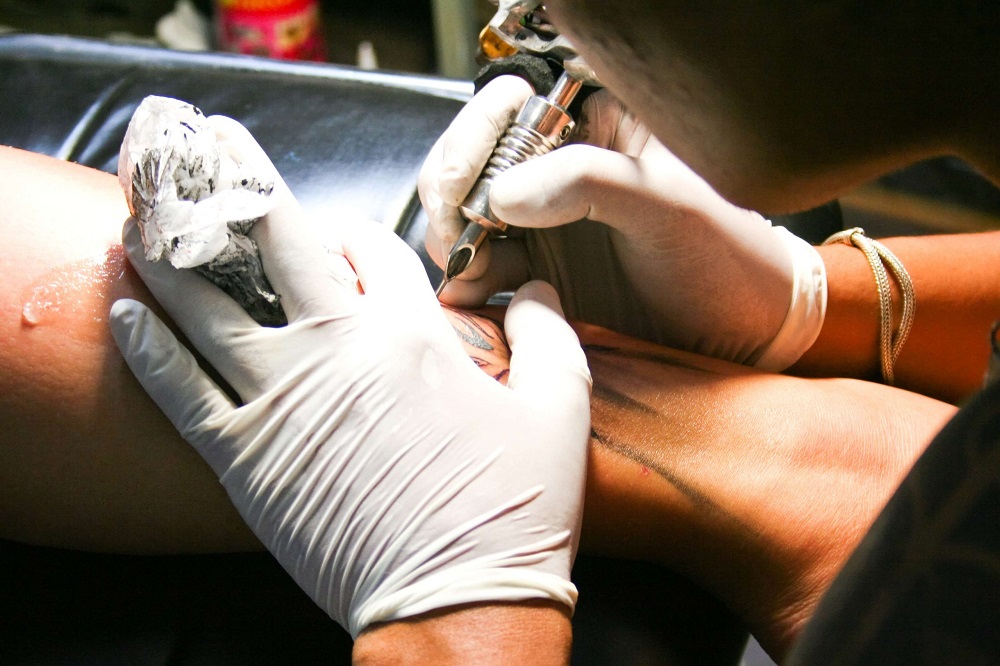These medications are utilized for various purposes, including managing acute withdrawal symptoms, reducing cravings, or treating co-occurring disorders such as depression or anxiety. Medications for addiction treatment have the most effective results when combined https://www.intimnews.com/how-to-help-an-alcoholic-five-tips-to-make/ with a comprehensive treatment program. For many individuals, the first step toward recovery is acknowledging their struggle with substance use. After they’ve acknowledged that they are in need of help, the next step is finding a treatment program that can help restore their overall health, well-being, and happiness.

Medications to help with opioid use disorder
- Mental health professionals are responsible for ensuring that the application of any resources complies with applicable laws, ethical guidelines, and professional standards in their jurisdiction.
- Counseling is a mainstay of substance use disorder treatment for many people.
- Additionally, medications are used to help people detoxify from drugs, although detoxification is not the same as treatment and is not sufficient to help a person recover.
- Find rehab for yourself or a loved one by speaking with a treatment provider.
- Several treatment options are available, and most people experiencing addiction will receive a combination of approaches.
- The latest information and resources on mental disorders shared on X, Facebook, YouTube, LinkedIn, and Instagram.
Counseling for addiction aims to help people change behaviors and attitudes around using a substance, as well as strengthening life skills and supporting other treatments. Several treatment options are available, and most people experiencing addiction will receive a combination of approaches. The emergency and referral resources listed above are available to individuals located in the United States and are not operated by the National Institute on Drug Abuse (NIDA). NIDA is a biomedical research organization and does not provide personalized medical advice, treatment, counseling, or legal consultation. Information provided by NIDA is not a substitute for professional medical care or legal consultation.
- They are skilled in managing withdrawal symptoms, developing initial coping strategies, and addressing the acute psychological and physical effects of substance use.
- Health care providers with experience in both substance use disorders and mental disorders can use comprehensive assessment tools to reduce the chance of a missed diagnosis and create an effective treatment plan.
- Therapy might occur on a one-to-one, group, or family basis depending on the needs of the individual.
- Some clients may present with reluctance to participate in the different forms of group therapy during their treatment program.
Understanding Therapy For Addiction Recovery
Find tips for talking with a health care provider about your mental health. The relationship between substance use and mental disorders is complex and often interconnected. Many people with substance use disorders also experience other mental disorders like depression, anxiety, or bipolar disorder.
How Do Holistic Therapies Help with Addiction Recovery?
Exercise significantly impacts recovery by improving physical health, reducing stress, and enhancing mood. Regular physical activity releases endorphins, which alleviates depression and anxiety commonly experienced during recovery. Exercise also helps establish healthy routines, reduce cravings, and increase overall well-being, supporting long-term sobriety. Developed in the 1980s by William R. Miller and Stephen Rollnick, these therapies focus Oxford House on resolving ambivalence and strengthening a person’s commitment to change.

At Arista Recovery, we’re here to help you continue with best-in-class care designed for long-term healing and support. Other types of groups, such as community support groups, may not have a strict timeline, and can be available and open to anyone for as long as needed. Not only does exercise offer all of the obvious health benefits, but it also shows promise for those in recovery from SUD. Now you’ll need to fill that space with healthy and enjoyable pursuits. Consider participating in positive activities, such as exercise, meditation, and other recreational pastimes.
- While naloxone has been on the market for years, a nasal spray (Narcan, Kloxxado) and an injectable form are now available, though they can be very expensive.
- A full-time facility provides a supportive environment to help people recover without distractions or temptations.
- How a center responds to your questions says a lot about its culture and approach.
- Some people deny or are unaware that they have a problem with addiction, and sometimes a person’s substance dependency and abuse remains hidden from loved ones.
- This gives the Counselor leading the group an opportunity to tailor the group activities to the current concerns of the group members.
A PHP still offers a very structured treatment schedule—clients show up for therapy and medical appointments for several hours a day, five to seven days a week. Getting sober isn’t just about not using; it’s about digging deep to understand the root causes of the addiction and building a whole new toolbox of coping skills. It’s not a 30-day program you finish and then you’re “cured.” True, lasting recovery is a journey through a series of connected stages, what we in the field call the continuum of care.
Dialectical Behavior Therapy
Treatment for substance misuse includes medications, therapy, rehabilitation programs, what is the best treatment for substance abuse for older adults and more. When combined with traditional medicine, holistic treatments can help balance out medication-related side effects. For instance, some individuals can still endure anxiety, depression, and cravings post-detox and throughout treatment. Practices like meditation and yoga can help decrease and manage these negative feelings. Getting one-on-one counseling can help the patient better understand the underlying reasons for their chemical dependency.